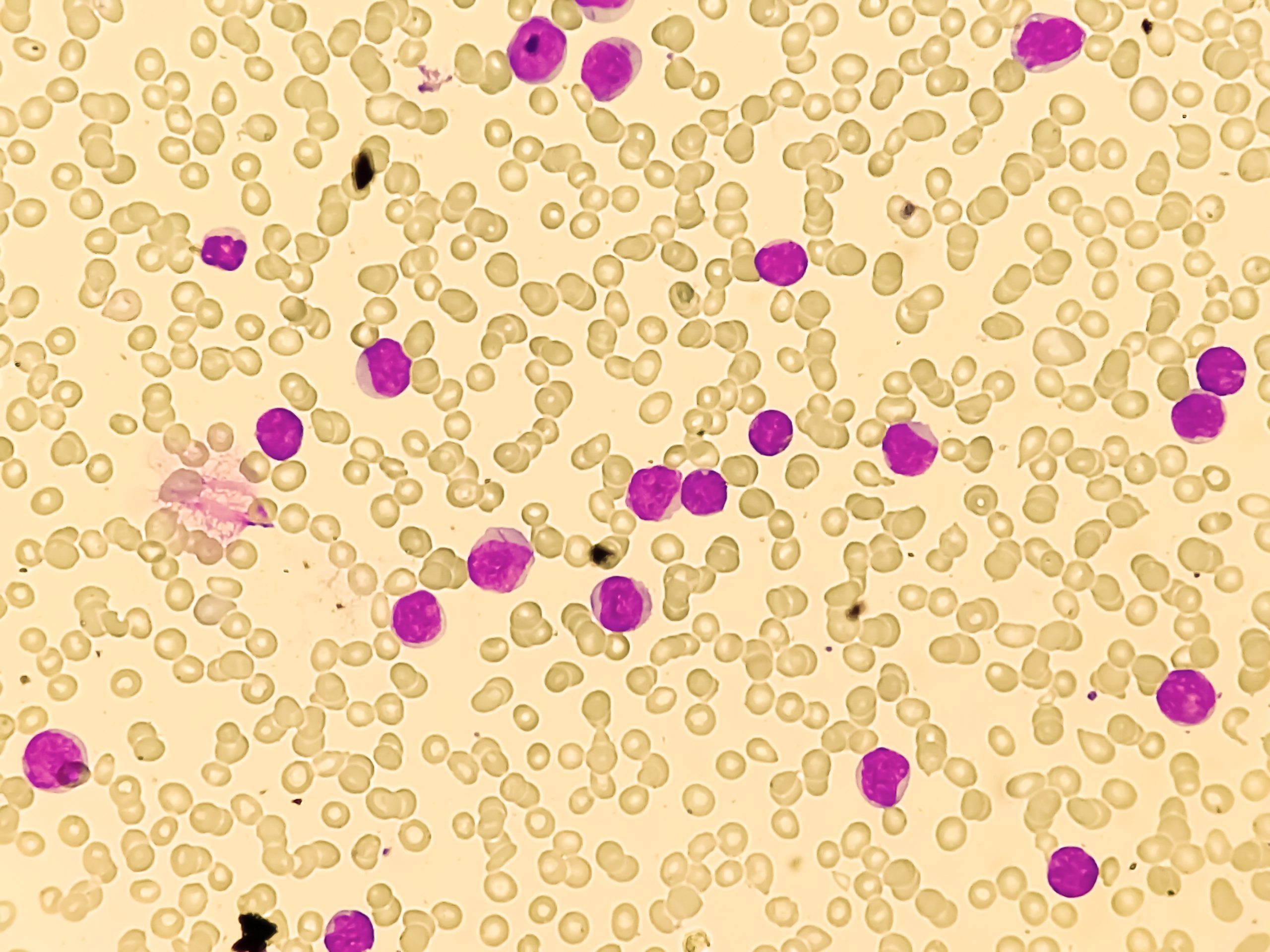
Patients with chronic myelomonocytic leukemia (CMML) who received an allogeneic hematopoietic stem cell transplant (HSCT) earlier in the course of their disease had better outcomes.
Luis Aguirre, MD, of the Moffitt Cancer Center and Research Institute in Tampa, Florida, and colleagues conducted the research and presented their findings at the 10th Annual Meeting of the Society of Hematologic Oncology.
Dr. Aguirre and colleagues conducted the research because CMML “outcomes are poor in general with a median overall survival of three years” and allogeneic HSCT is the “only curative option,” but “considerations as to when to pursue HSCT, identification of relapse predictors and assessment of whether transplant-related, clinical and molecular disease features have an impact on outcomes remain crucial.”
The researchers retrospectively collected clinical and molecular data from 84 patients with CMML who received allogeneic HSCT between 1995 and 2022 at the Moffitt Cancer Center and Research Institute. Nearly half of patients (43%) had early-stage CMML, while 36% had blast-phase CMML and 18% had stage-two CMML. The median patient age at transplant was 63 years (range, 18-76 years). The median follow-up was 93 months.
The median overall survival (OS) was 62 months (95% CI, 35-89 months). Patients who received a transplant earlier had better outcomes, with a median OS of 202 months for those with early-stage CMML and a median OS of 62 months for patients with blast-phase CMML (P=.019).
Relapse occurred in 34% of patients. Patients who developed graft-versus-host disease (GVHD) were less likely to relapse, while mutations in DNMT3A were associated with an increased risk of relapse (P=.04). The number of treatments before transplant, the donor type, the stem cell source, and type of conditioning regimen were not associated with the relapse rate.
“Patients with CMML who went to transplant earlier in the disease course had better outcomes. There was a trend toward better outcomes for those receiving intensive chemotherapy,” Dr. Aguirre and colleagues concluded. “[Complete remission] was more likely with [cladribine, cytarabine, and granulocyte colony-stimulating factor] and 7+3 induction. Relapse was less likely for those who developed GVHD and more likely to be associated with DNMT3A mutations.”
Reference
Aguirre L, Ali N, Sallman D, et al. Outcome predictors and timing considerations for allogeneic stem cell transplantation in chronic myelomonocytic leukemia. Abstract #MDS-519. Presented at the 10th Annual Meeting of the Society of Hematologic Oncology, September 28-October 1, 2022.

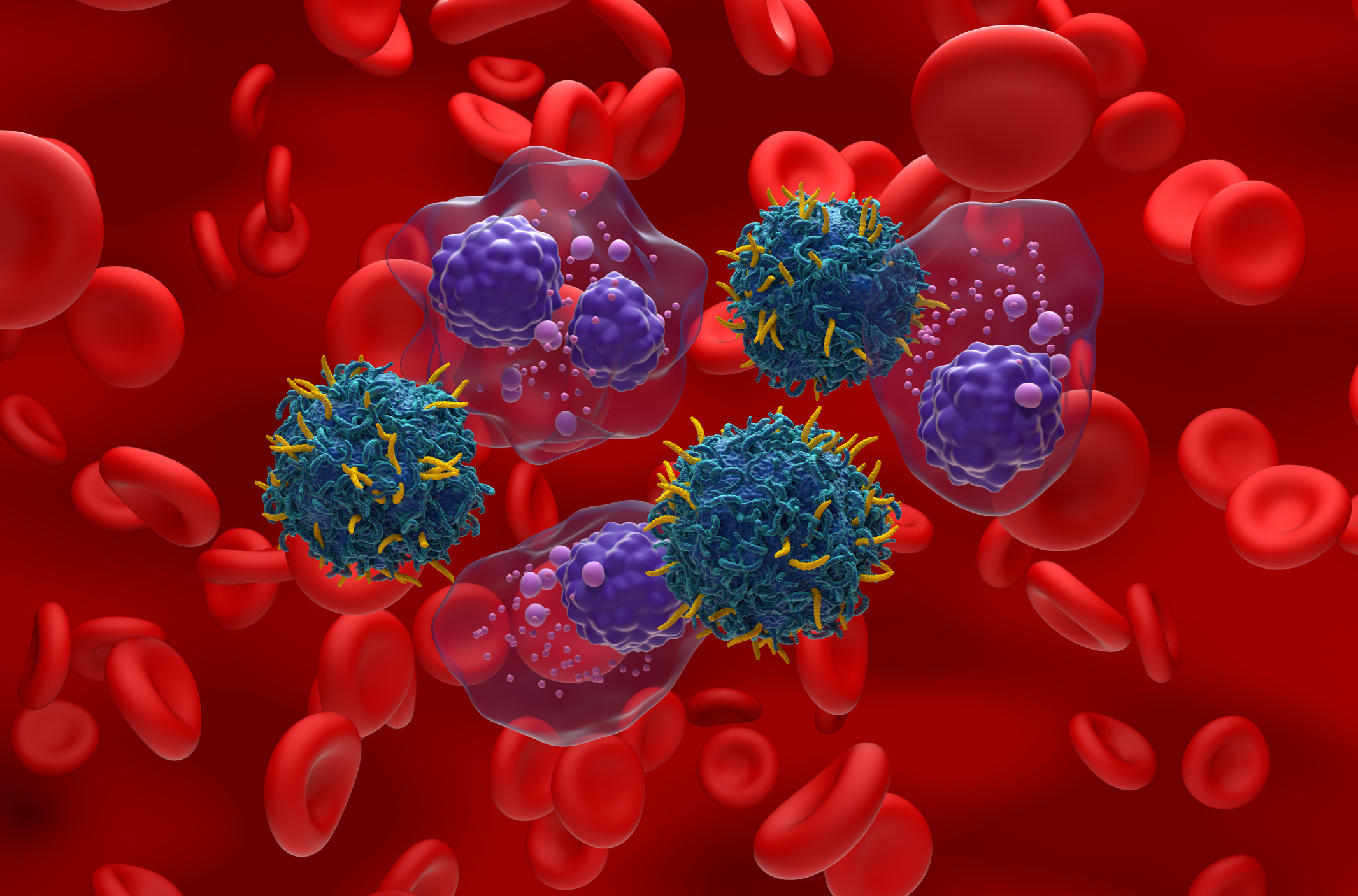
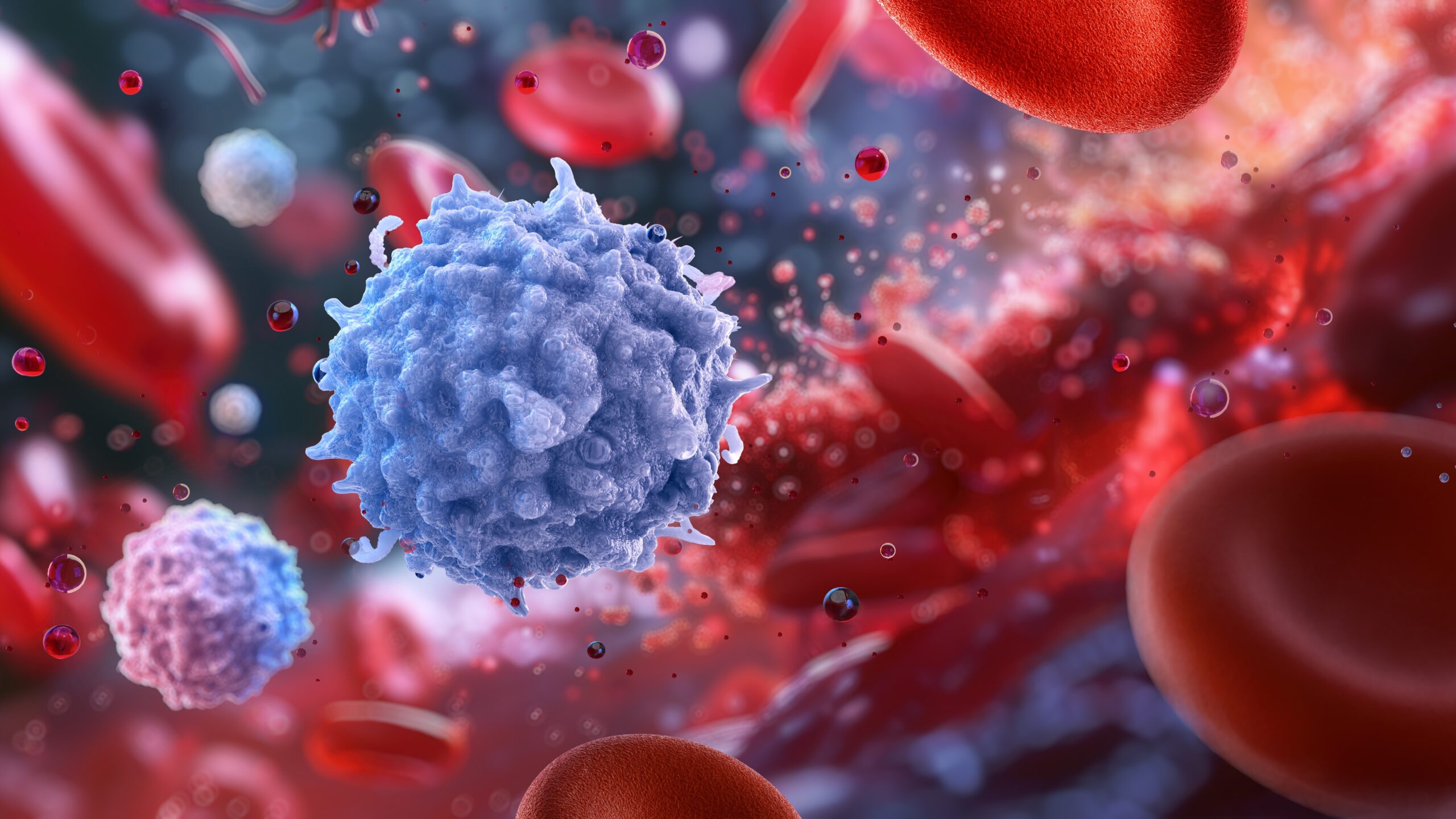
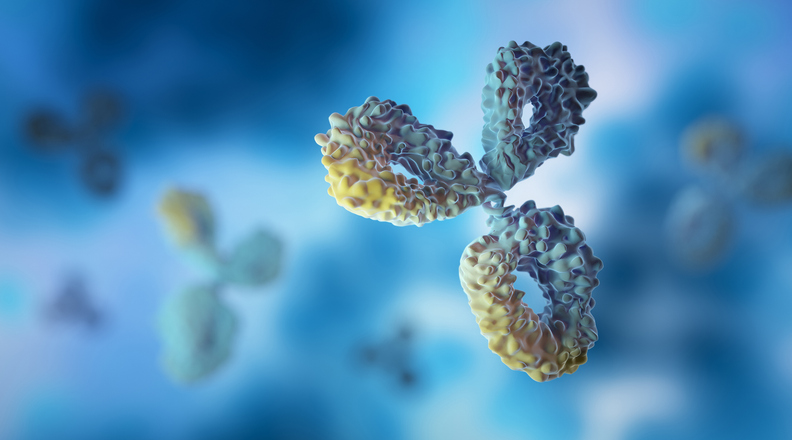
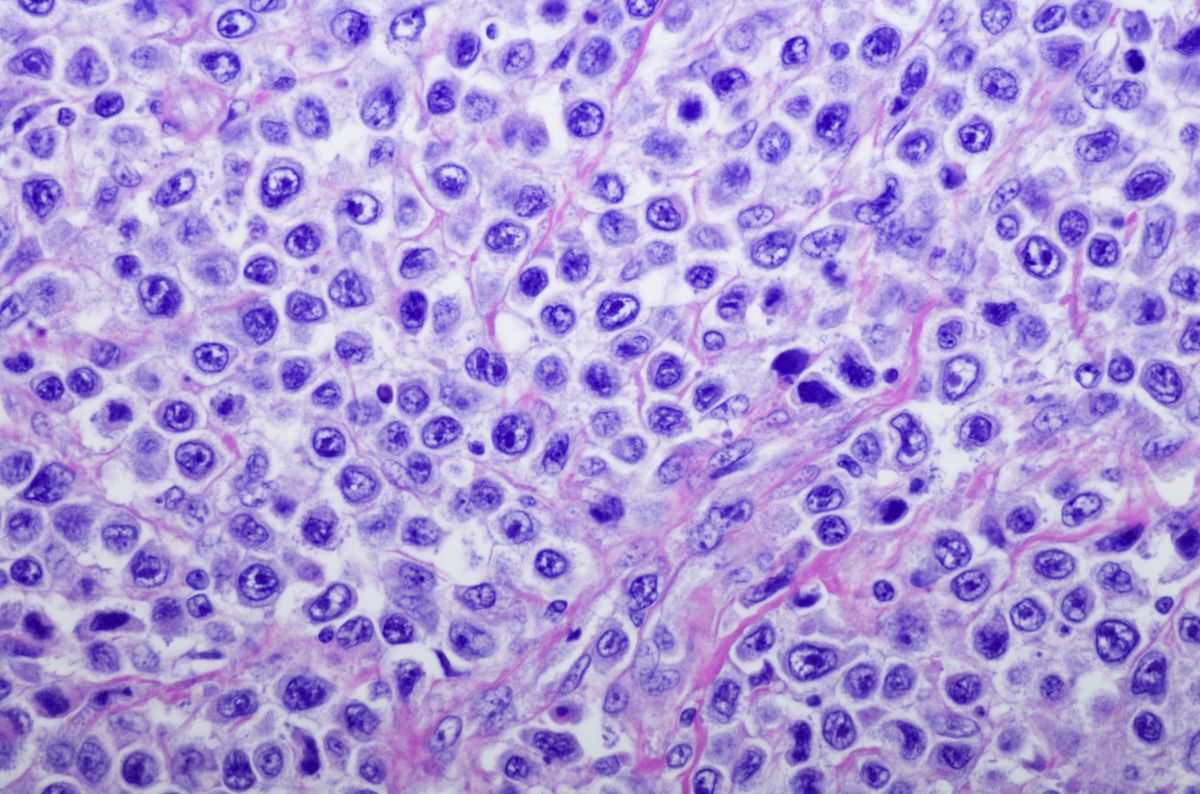

 © 2025 Mashup Media, LLC, a Formedics Property. All Rights Reserved.
© 2025 Mashup Media, LLC, a Formedics Property. All Rights Reserved.